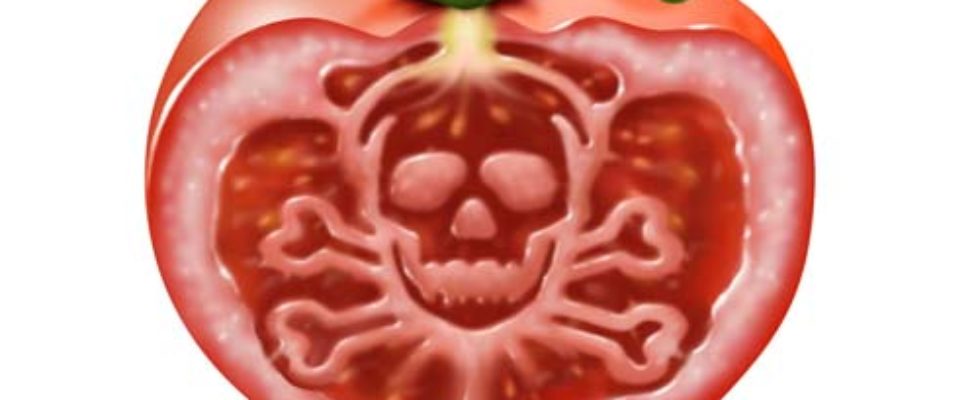Food Allergy Symptoms
Food allergy symptoms can manifest in a wide variety of ways. Commonly people who have food allergy symptoms will often have itching or a rash on the skin after eating an offending food. For example, having an allergic reaction to cow dairy causing itching in the throat or a cough. Other food allergy symptoms can be quite severe such as is seen with shellfish or peanut allergies. In these unfortunate situations with severe food allergy symptoms people develop anaphylactic reactions which can be hives, throat closer from intense swelling and death. Statistically, about 100 people die each year in the United States from severe food allergy reaction to peanuts.
Food Allergy Symptoms
Other food allergy symptoms can manifest as digestive problems such as bloating, gas or loose stools. Many people don’t associate a rapid change in bowel function to a specific food allergy thinking it may just be an upset stomach. Long-standing food allergy symptoms in the digestive system can lead to chronic inflammation. Chronic inflammation brought on by food allergies can lead to destruction of the surfacing lining of the bowel compromising digestive enzyme production for the breakdown of food stuff, but interfere with nutrient absorption as well. Joint pain is another food allergy symptom that people often don’t relate to their diet. Food is often an trigger for immune reactivity which causes inflammation, and many times inflammation of joint tissue. Rheumatoid Arthritis is an autoimmune disorder associated in part with adverse food reactions. Other food allergy symptoms are headaches, including migraine headaches, sinus and nasal congestion, respiratory problems, skin rashes, muscle aches and pains, sleeping problems, and long-term stress that affects adrenal function.
Food Allergy Symptoms
The adrenal glands are linked to the production of cortisol which helps to regulate hormone levels throughout the body. A common source of adverse adrenal stimulation is from eating foods that the body has an adverse reaction too. Therefore, food allergy symptoms can take on a whole list of issues that not only affect the hormonal systems in the body, but immune and digestive function as well. It is important for anyone suspecting these food allergy symptoms discussed here to have a food allergy testing done to determine which foods are causing the problems.
Recommended: Food Intolerances

